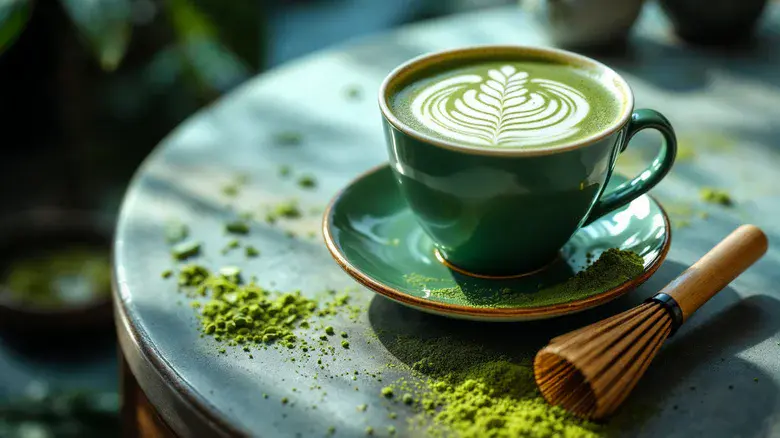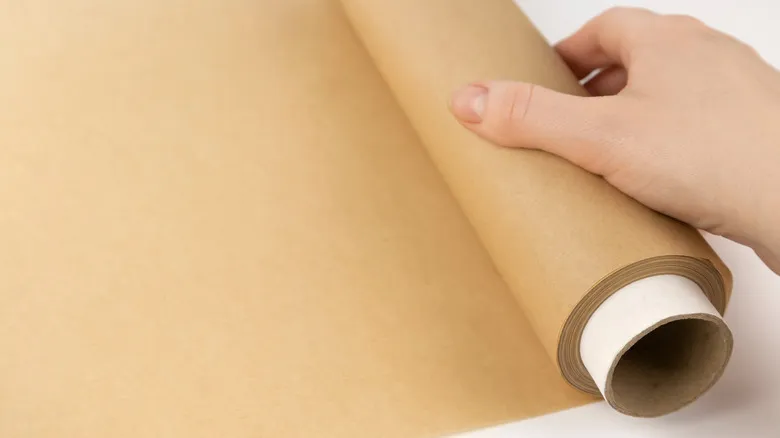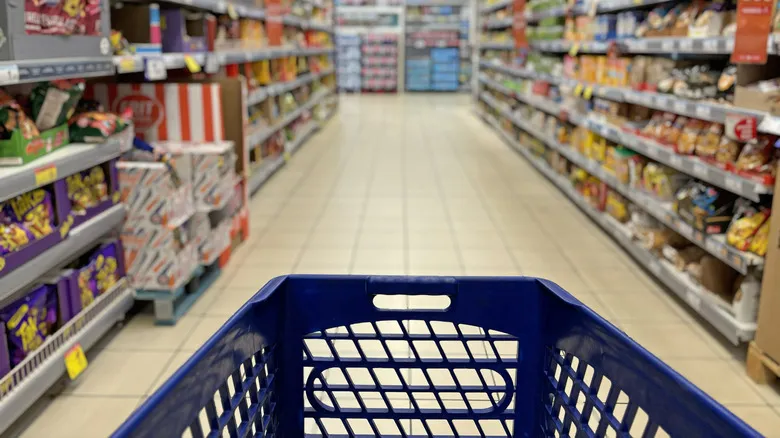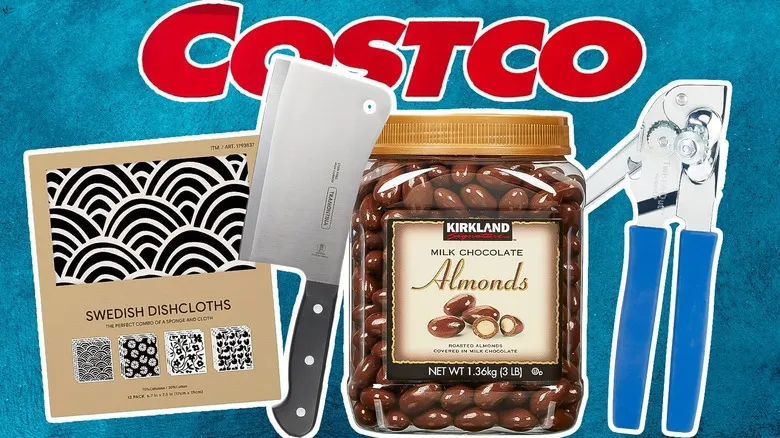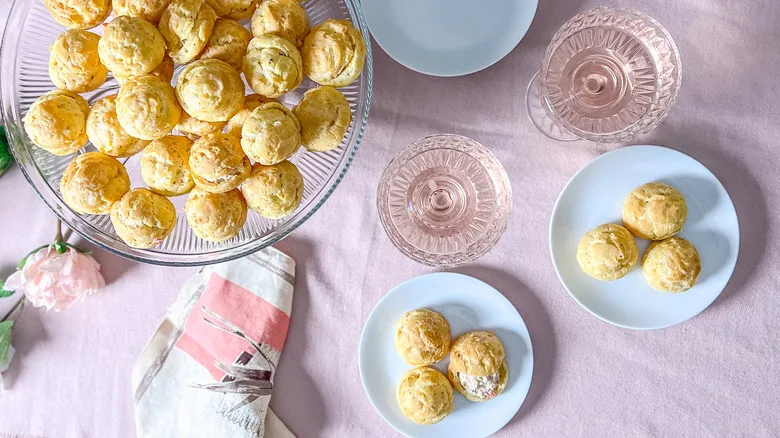What Is Matcha and How Is It Different from Regular Green Tea?
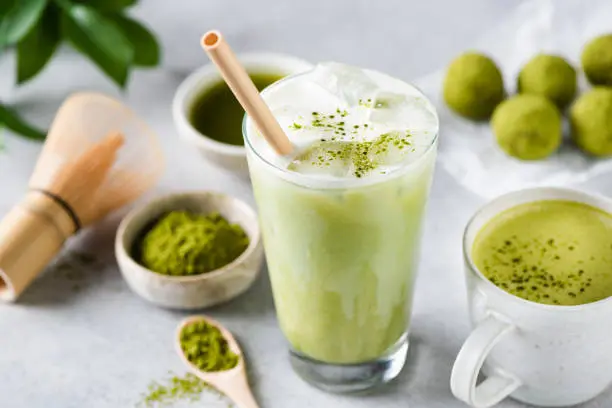
Matcha is a powdered form of green tea made from the leaves of the Camellia sinensis plant. Unlike regular green tea, where the leaves are steeped in water, matcha is made by grinding the entire leaf into a fine powder, which is then whisked into hot water. This results in a more concentrated and potent version of green tea. Because you're consuming the whole leaf, matcha is higher in nutrients, antioxidants, and caffeine compared to traditional green tea, where only the steeped water contains the nutrients.
The Caffeine Content in Matcha
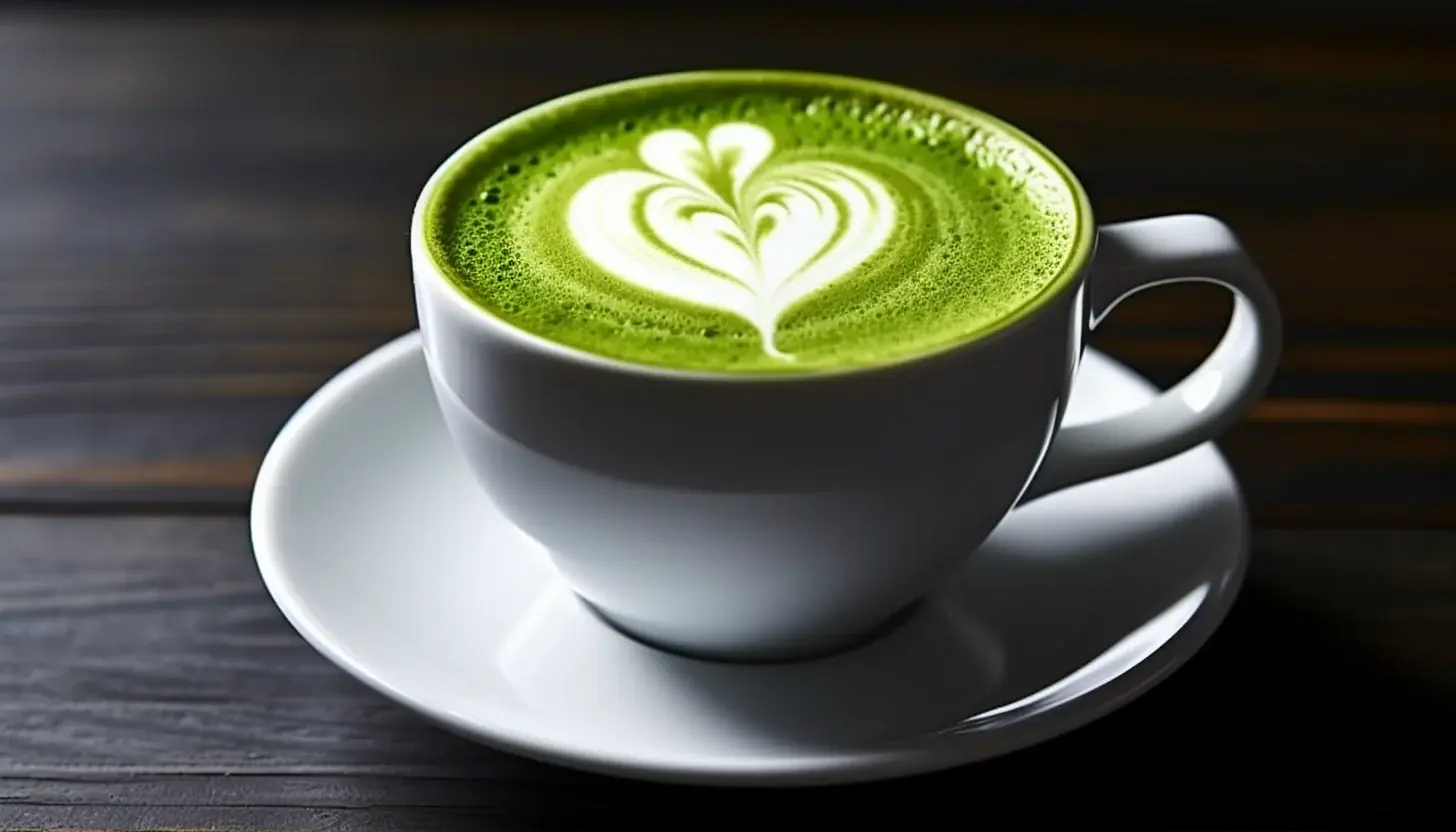
On average, an 8-ounce serving of matcha contains about 70 milligrams of caffeine, though the exact amount can vary depending on the type and quality of matcha. In comparison, a regular cup of brewed green tea contains around 30-50 milligrams of caffeine. Matcha provides a more sustained and controlled energy boost, as its caffeine is released more gradually due to the presence of L-theanine, an amino acid found in matcha that promotes relaxation and focus. This makes matcha a popular choice for those seeking a smoother, longer-lasting caffeine effect.
Factors That Influence Caffeine Levels in Matcha
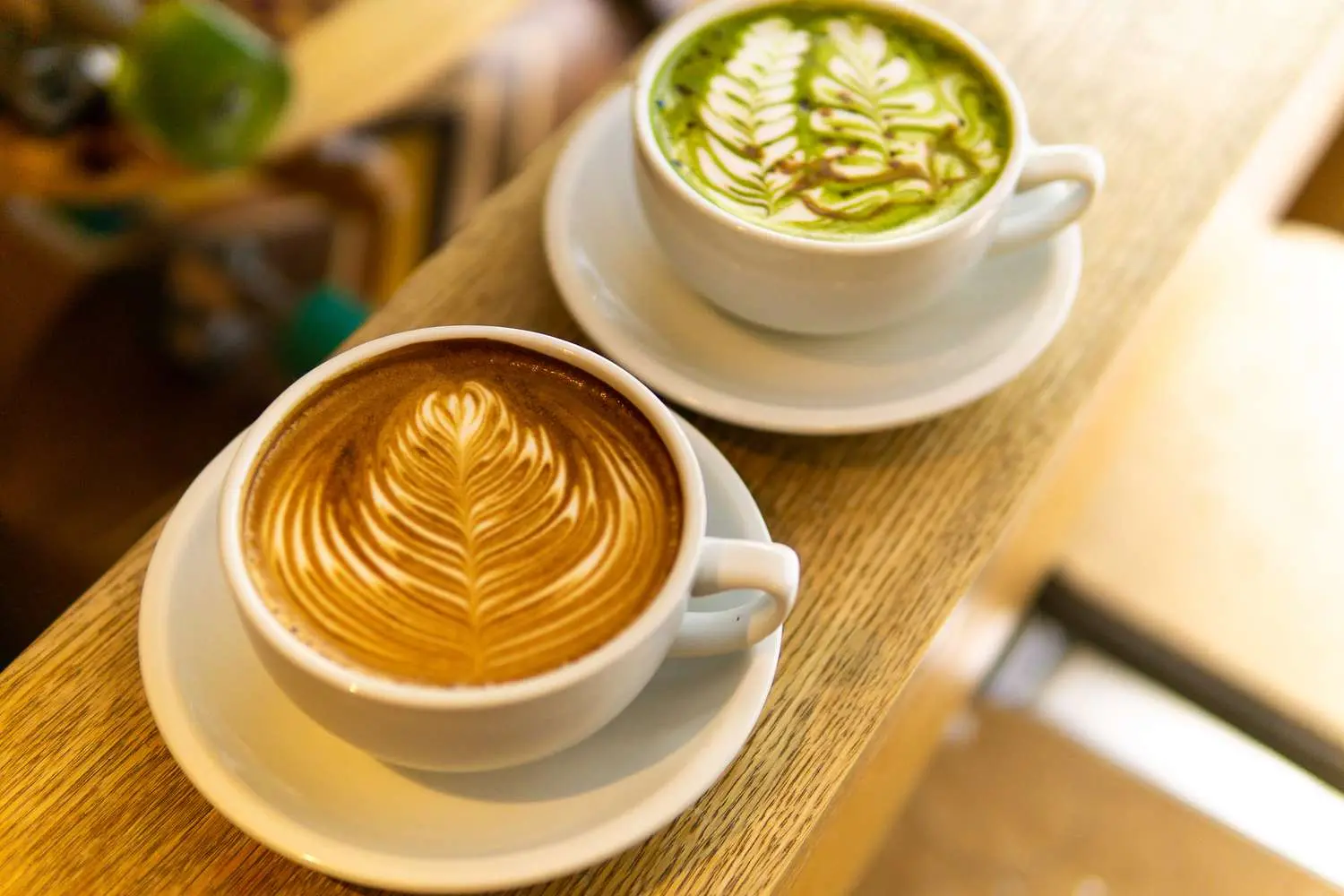
Several factors can influence the caffeine content in matcha, including the type of matcha, the growing conditions, and how it's prepared. Ceremonial-grade matcha, which is made from younger leaves, tends to have a higher concentration of caffeine and antioxidants, whereas culinary-grade matcha (often used in cooking and smoothies) may have slightly less caffeine. Additionally, the amount of matcha powder used in preparation also impacts the caffeine content. More powder results in a stronger brew and higher caffeine levels. Thus, depending on how much matcha is used and its grade, the caffeine content can vary.
Matcha vs. Coffee: Which Has More Caffeine?
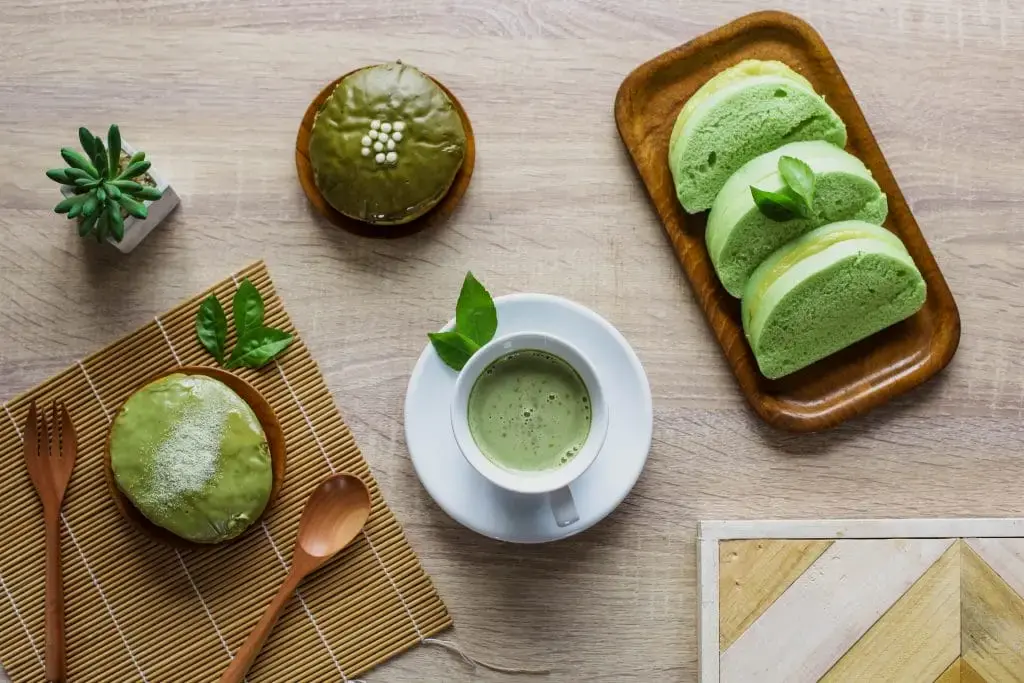
When compared to coffee, matcha generally contains less caffeine. A typical 8-ounce cup of coffee can contain anywhere from 95 to 200 milligrams of caffeine, depending on the brew method and the type of coffee bean. While matcha offers a gentler, more sustained energy boost, coffee provides a quicker and more intense surge of energy. For those who enjoy caffeine but are sensitive to the jitters or a rapid crash, matcha offers a smoother alternative, providing a more balanced energy lift throughout the day.
Recommended
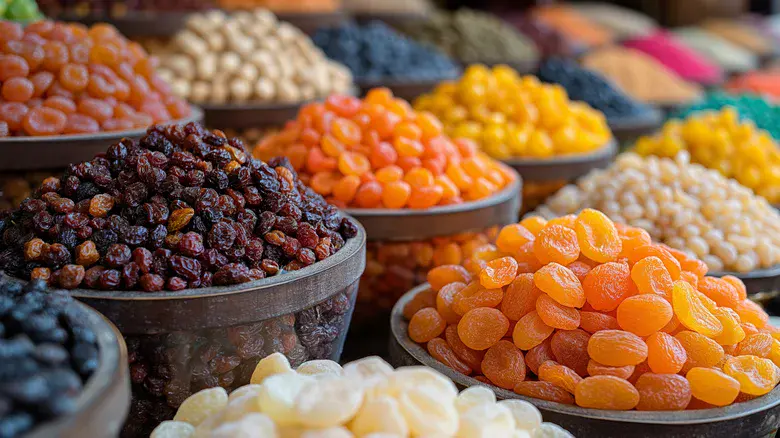
Use This Tool To Cut Dried Fruit — It Works So Much Better Than A Knife
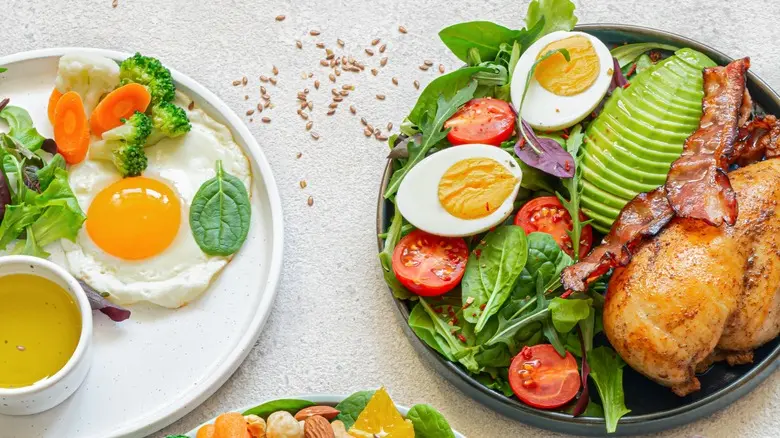
Switch Up Your Morning Routine And Try A Breakfast Charcuterie Board
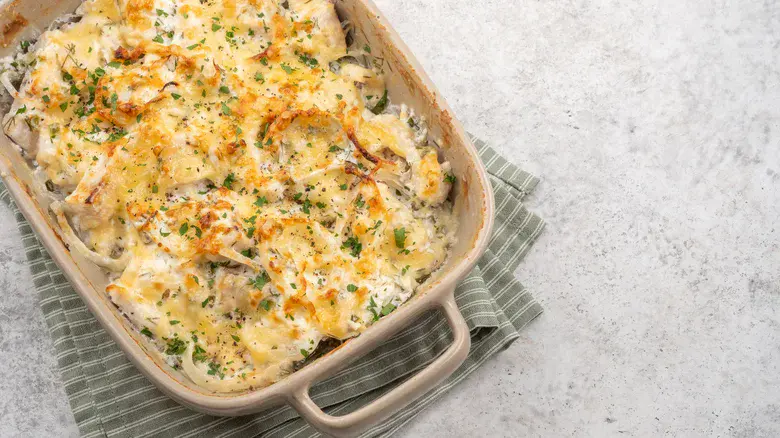
When Making Onion Casserole, There's Only One Kind Of Onion You Should Use
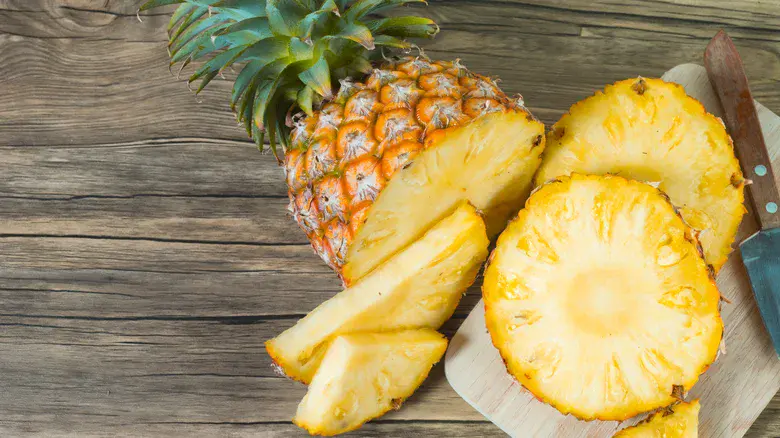
Before They Were Everywhere, Pineapples Were A Luxury You Could Rent For Bragging Rights
Next up

